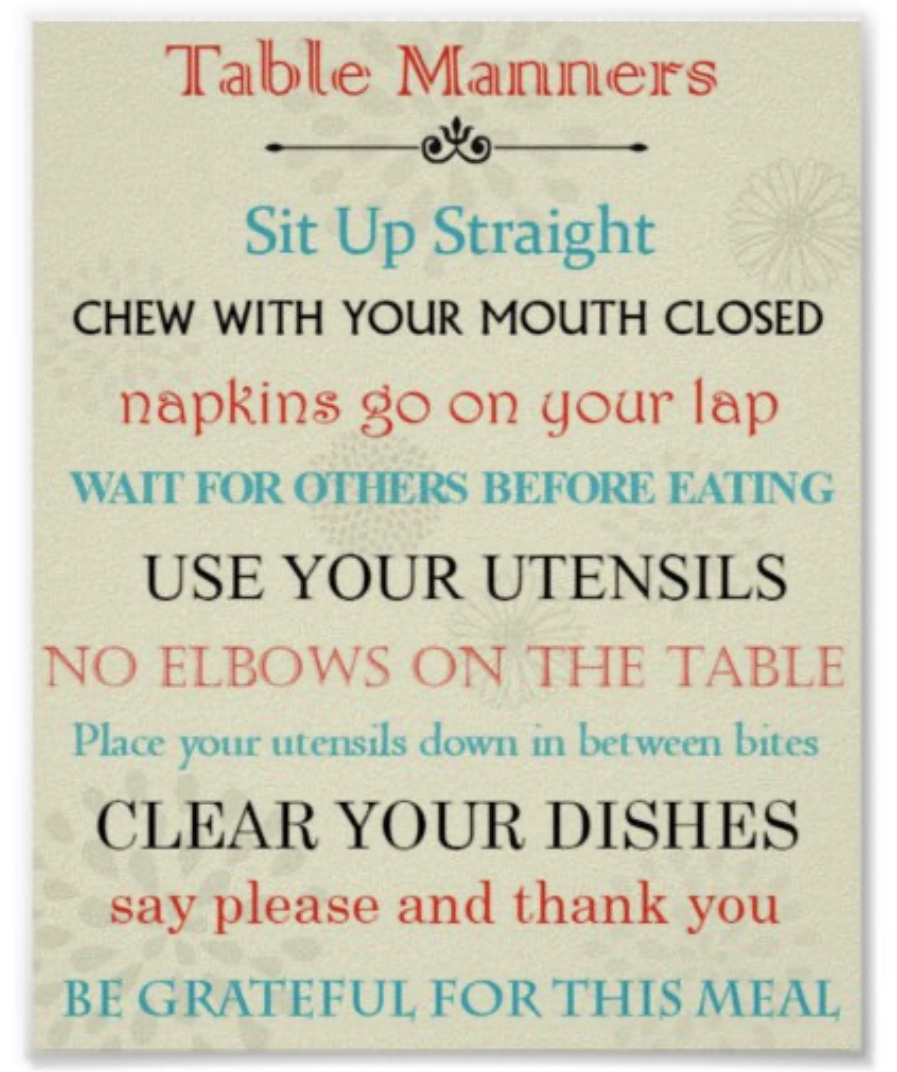A well-heeled guest recently beckoned me, her waiter, to the table to urgently ask what apparently she thought was a very important question. “Why is that woman over there wearing a hat?” she asked scornfully, nodding toward a young woman wearing a cream-colored winter cap festooned with a stringy pom pom on top.
Sensing that I was flummoxed, she stared deeply into my soul for an uncomfortable moment and disdainfully pulled back on her crown of braided blond hair. “Hmmpf,” she muttered quietly to herself, “I guess times have changed, but that isn’t very classy in an elegant restaurant like this.” She seemed a bit young to be such a faithful disciple of Emily Post.
I didn’t disagree that it seemed out of place for guests to wear hats in the dining room, but I also wasn’t about to walk over and pull the hat off this poor woman’s head either. Is that what she expected me to do? Whether the woman wearing the hat was, in fact, cold or just making a fashion statement, it seemed inappropriate for either of us to intervene for the sake of defending some antiquated social mores.
It’s true, times have certainly changed when it comes to restaurant etiquette. Perhaps that’s a good thing. After the fury of the moment subsided, the woman asked for the check. She and her companion had plans to see the ballet. I hoped for her sake that no one in the audience had the nerve to show up in jeans. The usher might get an earful.
After she left, I thought about how much time she’d spent at the table on her cellphone. She discharged it often throughout the course of her meal to take photographs and videos of the food and some of our table-side presentations. Of course, it’s commonplace these days for guests to film everything, but what’s more intrusive in the dining room of an upscale restaurant: the incandescent lights of a cellphone screen or someone’s harmless headgear?

I served another couple recently that was so consumed with the social media ramifications of their meal that they lowered every plate of food they’d ordered onto the banquette to meticulously photograph each one. They MacGyver-ed an iPhone swaddled in a linen napkin with its flash on as a makeshift studio light and snapped portraits of each dish using a second iPhone. The parties seated around them looked on incredulously, distracted by their odd behavior.
One evening, I witnessed two elderly guests sitting next to each other wearing identical eyeglasses that had dual spotlights attached to each hinge like they were about to inspect diamonds or descend into a coal mine. To onlookers in the dining room, it may have looked like the restaurant was being invaded by extra terrestrials.
Deploying digital technology this way has always clashed with the analog charms of a restaurant, but the two are inseparable now. Parents anesthetize their young children with makeshift home entertainment centers—propping up iPads on the bread basket and sealing their young ears with noise-cancelling headphones to quarantine them from any human interaction whatsoever.
Staffs of fine dining restaurants are resigned to being filmed without permission. Guests consider us part of the scenery. But imagine if the same people decided to film their doctor giving an exam or their lawyer taking a deposition. Having the nerve to do so would be outrageous. But why is a restaurant experience that much more of a spectacle than a trip to the dentist?
It’s partially our fault. The restaurant industry balked at the opportunity to take a stand in the early innings of the smartphone invasion. It should have treated them the way theaters do, insisting that attendees keep their phones in their pockets while they’re seated or at least implore them to use discretion. Instead guests act like boorish spectators at a rock concert.
Unfortunately, hospitality ideals make it difficult to enforce house rules without offending people. Suggesting that someone is dressed inappropriately, misusing their phone or being too loud can result in public shaming online or negative reviews on crowdsourcing apps like Yelp. Defending controversial policies can seem elitist and exclusionary. It puts restaurant management in a difficult predicament. Most restaurants these days have to choose their battles very carefully. No matter how much integrity there is behind our desire to set a standard for etiquette in the dining room, it’s a battle that we know we can’t win anymore.



